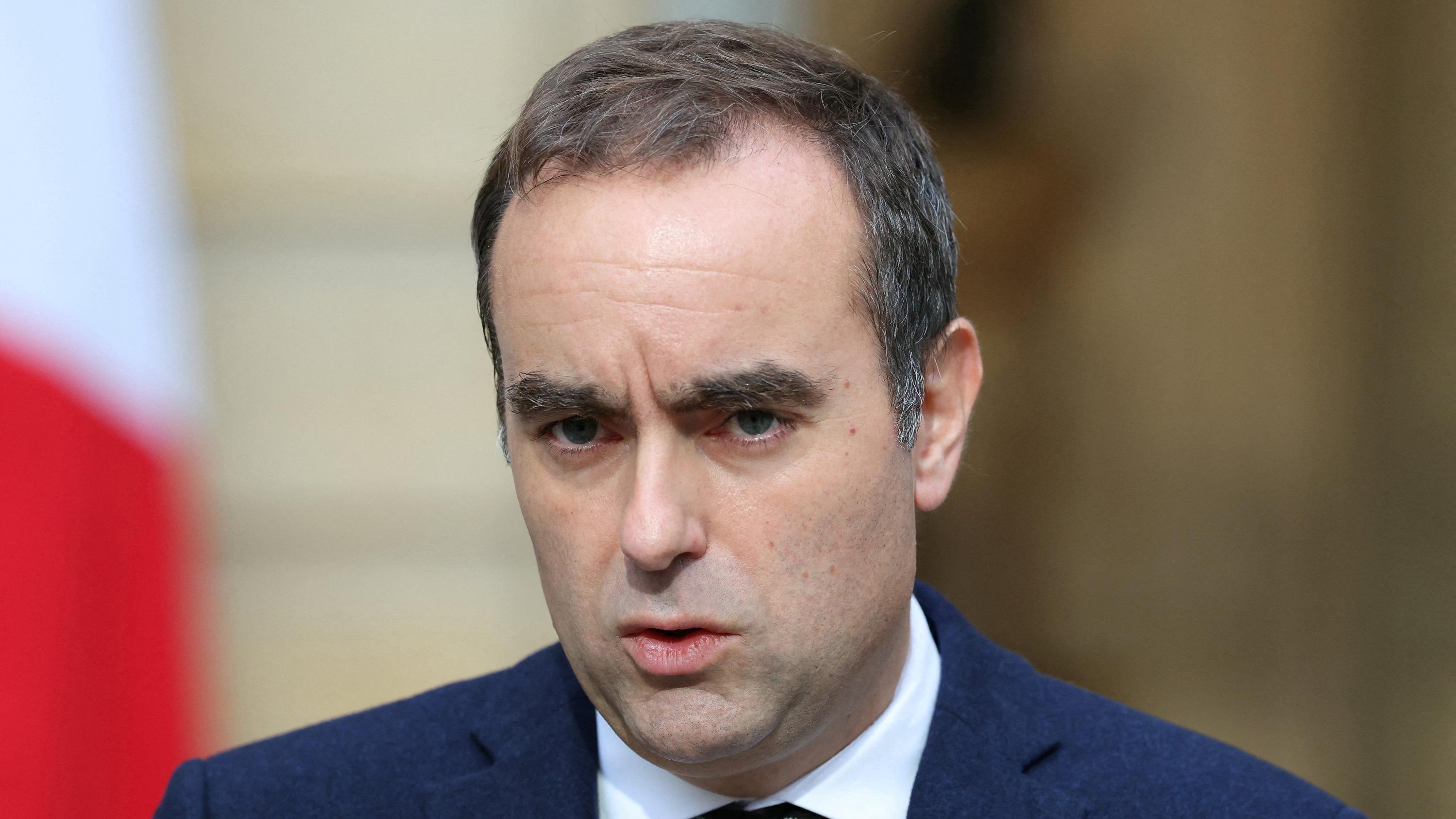Prime Minister Lecornu Abandons Article 49.3 for 2026 Budget, Stirring Political Debate
Prime Minister Sébastien Lecornu's renouncement of article 49.3 for the 2026 budget decision sparks political controversy and questions about pension reform's future in Parliament.
- • Sébastien Lecornu renounces the use of article 49.3 for the 2026 state and social security budgets.
- • This marks a strategic departure from previous Macron administration practices to avoid censure and delegate compromise to Parliament.
- • Left-wing parties express skepticism, viewing the move as insufficient and potentially signaling tacit alliances with the National Rally.
- • The decision complicates the passage of budget and pension reforms in a fragmented Assembly opposed to the government reforms.
Key details
On October 3, 2025, French Prime Minister Sébastien Lecornu announced his decision to renounce the use of article 49.3 of the Constitution in adopting the 2026 state and social security budgets. This mechanism, historically used to bypass parliamentary votes by forcing passage unless a motion of censure is passed, had been frequently deployed by the Macron administration post-2022 dissolution. Lecornu's move marks a significant departure aimed at delegating responsibility to Parliament and mitigating immediate governmental censure risks, reflecting political weakness in the executive branch.
The decision was welcomed by some as a "symbolic victory" and a "leap of trust," notably by right-wing deputy Annie Genevard. However, it elicited skepticism and strong criticism from the left. Olivier Faure, leader of the Socialist Party (PS), condemned it as "very insufficient, even alarming," and has called for a parliamentary vote on the 2023 pension reform by December. Across the left, there is concern this step signals a tacit alliance with the National Rally (RN), feared to weaken the left's stance and indirectly facilitate the dismantling of the controversial pension reform enacted under article 49.3. Critics including left-wing leaders Alexis Corbière and Benjamin Lucas suspect that this refusal to use 49.3 is a tactical move to maintain Macron's policies under a guise of compromise.
Constitutional expert Benjamin Morel noted that while the renouncement removes a major reason for left-wing censure, it does not guarantee votes to pass the budgets in a fragmented assembly, where an absolute majority opposes the pension reforms. Lecornu's strategy places the parliamentary opposition in a delicate position, pressured to vote on contentious reforms without the government using controversial fast-track methods.
Overall, Lecornu's decision introduces a complex dynamic in French politics, revealing fragility in governance and sparking intensified debate on legislative processes and pension reform's future.
This article was translated and synthesized from French sources, providing English-speaking readers with local perspectives.
Source articles (5)
Source comparison
Latest news
Pau's Local Election Campaign Gathers Momentum Amid Broader Political and Economic Concerns
French Companies and Regions Accelerate Efforts in Nature-Related Economic Transition
France Heightens Military Readiness Amid Iran Conflict, Pledges Defense Support to Gulf States
Jean-Luc Mélenchon Faces Accusations of Antisemitism Over Joke on Raphaël Glucksmann's Name
Tensions and New Faces Mark the 2026 French Municipal Elections
France Bolsters Military Presence in Gulf Following Iranian Drone Attacks
The top news stories in France
Delivered straight to your inbox each morning.



